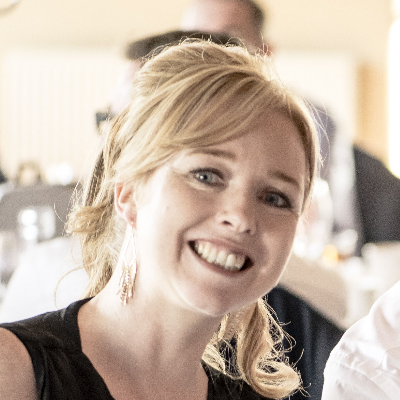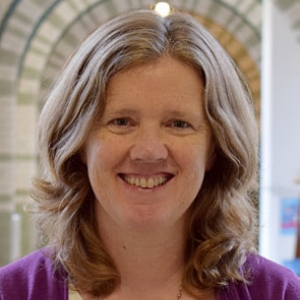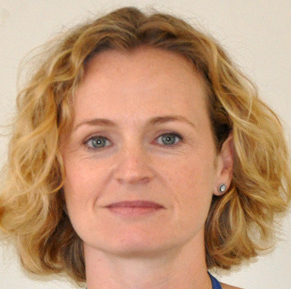Evidence and guidance to inform how consent should be sought for children's emergency and critical care trials
Researchers from the University of Liverpool provided new evidence to inform how consent should be sought for children’s critical care trials. The resulting guidance has since facilitated vital trials to provide evidence to optimise treatments for critically ill patients, including eight trials involving over 1000 children.
The challenge
There is a critical window of time in an emergency setting when potentially life-saving experimental treatments may be administered to a patient. In the case of children, this window of time is diminished further by the necessity for parental consent. Legislation change in 2008 allowed paediatric research without prior consent (RWPC). However, by 2015 only one trial had been conducted and uncertainty about the acceptability of using RWPC remained.
Our research
Liverpool’s Patient-Centred Trials Group led the NIHR funded RECRUIT study, the first research exploring public, patient and clinician perspectives on research without prior consent in paediatric critical care trials. Led by Professor Bridget Young, this work provided an evidence-base for developing the ‘CONNECT’ guidelines to support clinical research into emergency treatments for children with life threatening conditions, such as uncontrolled seizures and sepsis. Funded by the Medical Research Council and the Wellcome Trust, the CONNECT study provided, for the first time, evidence and guidance on how consent should be sought for these challenging trials.
Working in partnership
Led by Dr Kerry Woolfall, CONNECT explored the views of practitioners and families in order to develop guidelines for RWPC. CONNECT showed that practitioners inexperienced in RWPC were often concerned about how parents would react - most parents were unaware that research on children could be conducted before obtaining parental consent. Explanations in this situation are crucial to addressing concerns, for example how seeking consent in a life threatening situation would have delayed treatment and how trial interventions were safe and already used in routine clinical practice.
The Voices project investigated children's views of RWPC and produced the following animation, which explained critical care research to child participants following their recovery.
Research with impact
Children are under-represented in clinical trials and were not being recruited in emergency settings at all, despite RWPC legislation. University of Liverpool research was the first to provide evidence based guidance (CONNECT) to help facilitate vital paediatric and emergency and critical care trials, resulting in national routine recruitment of children using RWPC.
The guidelines have resulted in:
- Wide dissemination and integration into policy - NIHR Clinical Trials Toolkit, research ethics committee and emergency medicine practitioner training
- Informing national clinical trial design - since 2013 there have been eight clinical studies using RWPC informed by the CONNECT evidence and guidance, recruiting over 1000 patients using RWPC. These have investigated conditions such as sepsis, long lasting seizures and meningococcal meningitis
- Influencing international clinical trials legislation - the EU revised regulations, which enabled the continued use of RWPC in paediatric emergency care trials
- Adoption of the work internationally - e.g. informing an Australasian clinical trial exploring a new method of emergency intubation
- Enabled practitioner confidence in RWPC - training on the CONNECT guidance was incorporated into the eCLiPSE trial training and delivered to over 2000 practitioners across 30 UK hospitals. Almost all (95.3%) of parents consent for use of their children's information in the trial
- Greater engagement of children in decisions about research - with over 1000 views to date, the animation is helping to inform and involve children in decisions about research where they had previously been excluded.
CONNECT guidance is a game changer, enabling research into emergency treatment development in children.
Chair of Paediatric Research in the UK and Ireland (PERUKI)
CONNECT guidance and qualitative studies have enabled ICNARC to develop protocols for paediatric emergency research studies, obtain research funding and ethics clearance and subsequently we are using the same methodology and guidance for adult emergency research studies.
Head of Research, Intensive Care National Audit and Research Centre (ICNARC)




